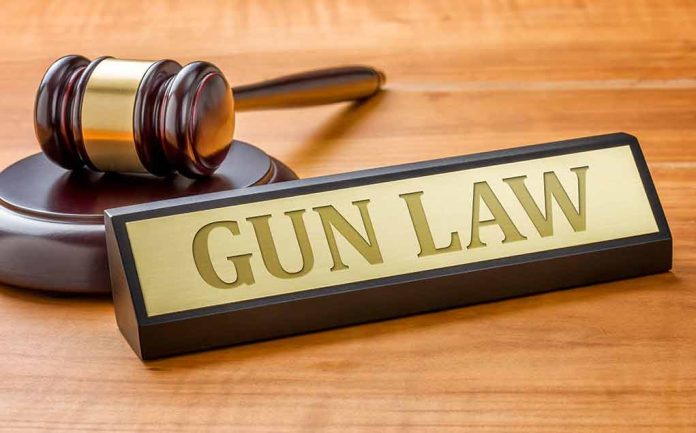
A federal appeals court has ruled that Colorado’s controversial gun law, raising the minimum age to purchase firearms from 18 to 21, can take effect for now, setting a significant precedent amid the ongoing legal challenge.
At a Glance
- Colorado’s law raises the legal purchasing age for firearms to 21.
- The 10th Circuit Court of Appeals overturned a prior injunction.
- Rocky Mountain Gun Owners challenged the law as unconstitutional.
- The case returns to district court for further deliberation.
Colorado Law Takes Effect
A federal appeals court has permitted Colorado’s law raising the legal age to purchase firearms from 18 to 21 to take effect while lower courts continue deliberation. This decision follows a legal struggle involving the 10th Circuit Court of Appeals, which overturned an earlier injunction by U.S. District Court Judge Philip Brimmer, initially granted on the day the law was set to take effect. Supporters of Senate Bill 169 emphasized its role in preventing gun violence, echoing sentiments within gun safety circles.
Rocky Mountain Gun Owners, the group challenging the law, remains steadfast in their commitment to oppose it. They argue that the law infringes on Second Amendment rights and represents an improper regulation of constitutional liberties. Additionally, Judge Carolyn McHugh noted that while the Second Amendment might cover individuals under 21 who wish to purchase guns, such regulations are deemed presumptively lawful by historical precedent.
Colorado gun law raising age limit to 21 can take effect, appeals court rules https://t.co/5RXRSNEkO3
— The Denver Post (@denverpost) November 7, 2024
Legal Arguments and Implications
The lawsuit by Rocky Mountain Gun Owners against Governor Jared Polis highlights significant debate on Second Amendment rights. The appeals court concluded that the district court had overstepped by granting the injunction, sending the case back for reassessment. As plaintiffs argue their case, defense revolves around judges like Richard E.N. Federico stating, “It seems evident that the necessity of some minimum age requirement is widely accepted,” framing the law as a measure within constitutional bounds to prevent gun violence.
Rocky Mountain Gun Owners officials expressed their commitment to defeating the law by saying, “This law very clearly violates both the Second Amendment and the Supreme Court’s precedents, and we look forward to ultimately striking it off the books.”
Expert testimony has cited ongoing brain maturation impacting decision-making capabilities among those under 21. This aligns with the narratives from gun safety advocates who view the law as a critical step toward reducing youth-accessible firearm-related incidents. Meanwhile, historical precedents are invoked to argue for age-based restrictions on firearms dating back to before 1900.
Impact of the Ruling and Future Outlook
Although the law faces opposition from gun rights activists, some of the discourse suggests a broader acceptance of age-based regulations on gun purchases in the past. Judge McHugh cited that before 1900, twenty jurisdictions prohibited firearm sales to those under 21, reinforcing the constitutional backdrop of Colorado’s law. With Rocky Mountain Gun Owners planning their next steps, the legal journey promises continued debate.
The implications of this decision reflect both the potency and the complexities inherent in American gun legislation. As legal battles continue, it’s clear that the discourse surrounding gun rights and regulation remains as dynamic as it is vital to the nation’s future.
Sources
- Colorado set to limit gun sales to those over 21 after federal appeals court ruling
- Colorado gun law raising age minimum to 21 can take effect, appeals court rules
- 10th Circuit clears path for Colorado’s increased firearms purchasing age to take effect

















